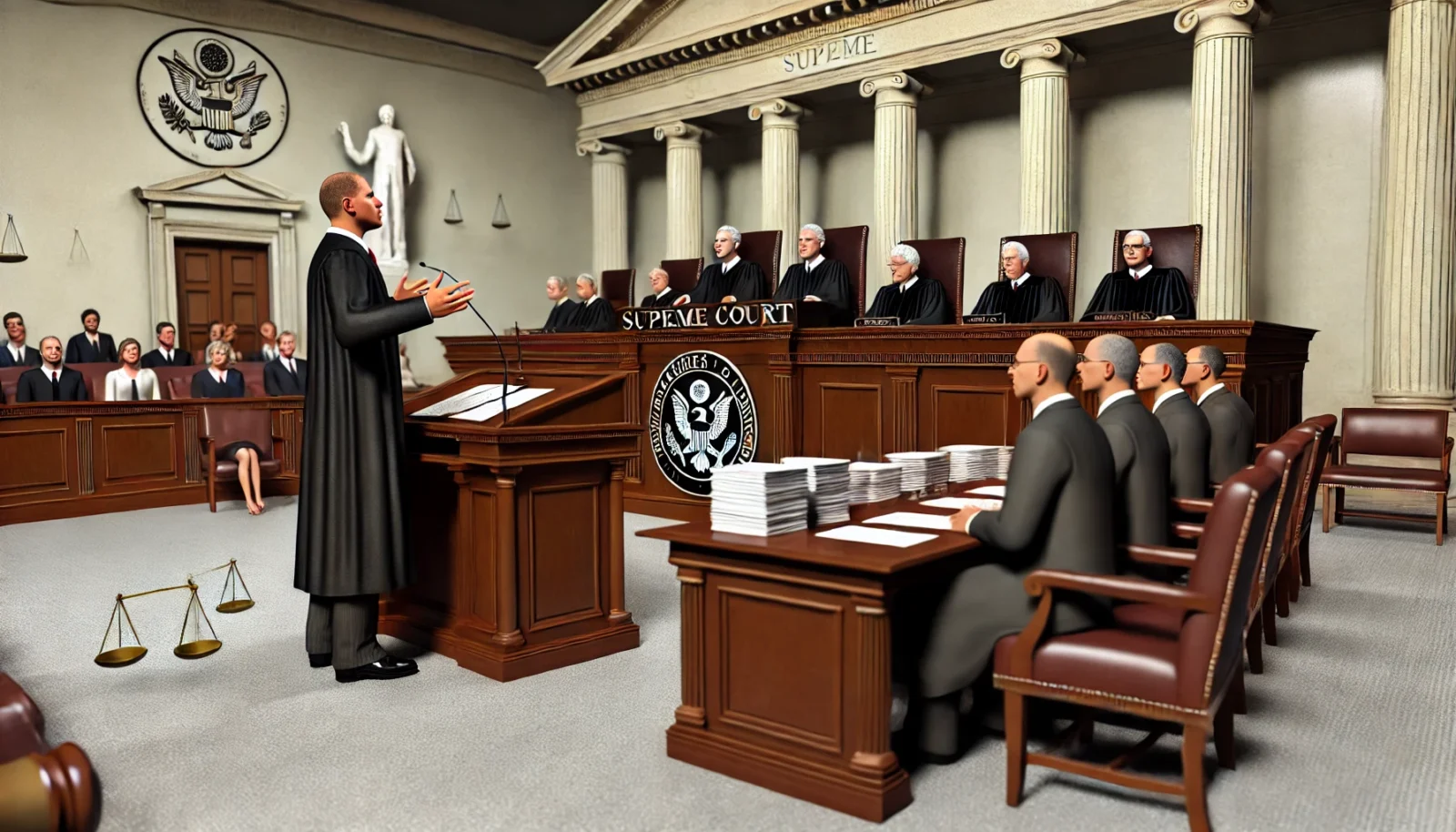Introduction To The Sec And Its Role
The U.S. Securities and Exchange Commission (SEC) is a federal agency established to oversee and regulate the securities industry in the United States. Founded in 1934 following the Great Depression, the SEC’s primary mission is to protect investors, maintain fair and efficient markets, and facilitate capital formation. This mission is crucial for ensuring transparency and integrity in financial transactions. The SEC has broad legal authority to enforce securities laws, which includes crafting regulations, overseeing market participants, and taking legal action when necessary.
The SEC plays a pivotal role in the financial system by regulating public companies, stock exchanges, brokers, and investment advisers. It ensures that companies disclose material information to investors, preventing fraud and market manipulation. The SEC also monitors trading activities to detect and deter illegal practices such as insider trading and market manipulation. Its authority extends to imposing penalties and sanctions on those who violate securities laws, thereby maintaining market integrity and investor confidence.
What Is A Sec Lawsuit?
A SEC lawsuit is a legal action initiated by the SEC against individuals or entities that are alleged to have violated securities laws. The primary purpose of a SEC lawsuit is to enforce compliance with these laws and to penalize those who engage in illegal activities. Common reasons for filing a SEC lawsuit include allegations of securities fraud, insider trading, accounting fraud, and non-compliance with disclosure requirements.
Securities fraud involves deceptive practices aimed at misleading investors, such as falsifying financial statements or manipulating stock prices. Insider trading refers to the illegal buying or selling of securities based on non-public information. Non-compliance with disclosure requirements includes failing to provide accurate and timely information about a company’s financial condition or business operations.
Notable SEC lawsuits have highlighted the agency’s role in addressing significant financial scandals. For example, the case against Enron, a major energy company, exposed massive accounting fraud and led to one of the largest corporate bankruptcies in U.S. history. Another high-profile case involved Bernie Madoff, who operated the largest Ponzi scheme in history. These cases underscore the SEC’s critical role in maintaining market integrity and protecting investors.
Supreme Court’s Role In Sec Cases
The Supreme Court plays a crucial role when a SEC lawsuit reaches the highest court in the land. The process typically begins with the SEC filing a case in a lower court. If the case involves significant legal questions or if there is a conflict between decisions from different lower courts, it may be appealed to the Supreme Court. The Supreme Court’s involvement is essential for resolving major legal issues and setting binding precedents that affect the interpretation and enforcement of securities laws.
When the Supreme Court rules on a SEC lawsuit, its decision can have widespread implications. Supreme Court rulings establish legal precedents that guide how lower courts and regulatory agencies interpret and apply securities laws. These decisions can influence the SEC’s enforcement strategies and impact how financial markets operate. For example, a ruling on the scope of the SEC’s regulatory authority can determine how far the agency can go in its oversight of emerging financial technologies or market practices.
Landmark Sec Lawsuits In The Supreme Court
Several landmark SEC lawsuits have reached the Supreme Court, resulting in significant rulings that have shaped financial regulation. One of the most influential cases is SEC v. W.J. Howey Co., decided in 1946. This case established the definition of an “investment contract,” which is a key concept in securities regulation. The Supreme Court’s ruling clarified that certain financial arrangements involving an investment of money with an expectation of profits from the efforts of others fall under the definition of a security. This decision has been instrumental in determining how securities laws apply to various investment products.
Another notable case is SEC v. Citigroup Global Markets Inc., decided in 2011. This case addressed the SEC’s authority to settle enforcement actions without requiring court approval. The Supreme Court’s ruling allowed the SEC to settle cases on its terms, which impacted how the agency handles enforcement and negotiations with alleged violators. The decision emphasized the SEC’s role in regulating and enforcing securities laws while also setting limits on judicial oversight.
These Supreme Court rulings have had a lasting impact on how the SEC operates and enforces securities laws. They have shaped the legal framework within which the SEC functions and influenced the agency’s approach to regulating financial markets.
Recent Developments In Sec Lawsuits Before The Supreme Court
Recently, several SEC lawsuits have emerged that may potentially reach the Supreme Court. These cases often involve complex legal and regulatory issues, reflecting the evolving nature of financial markets and technologies. For example, there is ongoing debate about the SEC’s authority to regulate digital assets, such as cryptocurrencies and blockchain technologies. These emerging issues challenge traditional interpretations of securities laws and may lead to significant Supreme Court rulings.
One recent case that has garnered attention involves the SEC’s enforcement actions against firms involved in digital asset trading. The outcomes of these cases could influence how the SEC regulates new financial products and technologies. As financial markets continue to evolve, the Supreme Court’s decisions on these matters will be crucial in shaping the regulatory landscape.
Legal And Economic Implications Of Sec Vs. Supreme Court Cases
Supreme Court decisions on SEC lawsuits can have far-reaching legal and economic implications. When the Supreme Court rules on a SEC lawsuit, it can alter the interpretation and application of securities laws, impacting how regulations are enforced and how market participants operate. These rulings can affect businesses by changing compliance requirements and legal risks, potentially leading to shifts in market practices and investment strategies.
For example, a Supreme Court decision that narrows the scope of the SEC’s regulatory authority could limit the agency’s ability to address emerging financial risks. Conversely, a ruling that expands the SEC’s powers could lead to increased regulatory scrutiny and enforcement. Businesses and investors must stay informed about these developments to navigate potential legal challenges and adapt to changes in regulatory practices.
Criticisms And Controversies Surrounding Sec Lawsuits
The SEC’s handling of SEC lawsuits is not without criticism. Some argue that the SEC’s enforcement actions can be too aggressive or inconsistent. Critics may point to cases where the SEC’s approach is seen as overly punitive or where settlements are viewed as insufficiently rigorous. Controversial Supreme Court rulings on SEC lawsuits can also spark debate. For example, some believe that certain rulings may limit the SEC’s ability to effectively protect investors and maintain market integrity.
Public and legal community reactions to these criticisms vary. While some view the SEC’s actions as necessary to uphold market standards, others may argue for reforms to improve regulatory practices and ensure fair outcomes in enforcement actions.
The Future Of Sec Lawsuits In The Supreme Court
Looking ahead, several potential SEC lawsuits are likely to reach the Supreme Court, addressing new and emerging issues in financial regulation. These cases may involve novel financial products, technologies, and market practices that challenge traditional regulatory frameworks. The outcomes of these Supreme Court cases will influence how the SEC approaches enforcement and regulation in the future.
For example, upcoming cases could address the SEC’s authority over digital assets, which may lead to significant changes in how these assets are regulated. The SEC’s litigation strategies may also evolve in response to Supreme Court rulings, leading to potential reforms in financial regulations.
Conclusion
SEC lawsuits are critical for maintaining the integrity of financial markets, and Supreme Court rulings on these cases play a vital role in shaping the legal landscape. The interactions between the SEC and the Supreme Court influence how securities laws are interpreted and enforced. As financial markets and technologies continue to evolve, the future of SEC lawsuits will likely involve significant legal battles that impact regulatory practices and financial regulations. Understanding these dynamics is essential for navigating the complex world of securities law and ensuring compliance with regulatory standards.
Frequently Asked Questions (Faqs)
What Happens When The Sec Loses A Supreme Court Case?
When the SEC loses a Supreme Court case, the ruling can change how securities laws are interpreted and enforced. This can affect the SEC’s regulatory authority and lead to adjustments in its enforcement strategies.
How Can Companies Prepare For Potential Sec Lawsuits?
Companies can prepare for potential SEC lawsuits by ensuring they comply with securities laws, maintaining accurate financial records, and seeking legal advice to manage potential regulatory issues.
What Are The Long-term Effects Of A Supreme Court Ruling Against The Sec?
A Supreme Court ruling against the SEC can have long-term effects by altering legal standards and regulatory practices, impacting how businesses and investors operate in the financial markets.
To read more, visit our blog page. We do have more topics!












Got a Questions?
Find us on Socials or Contact us and we’ll get back to you as soon as possible.